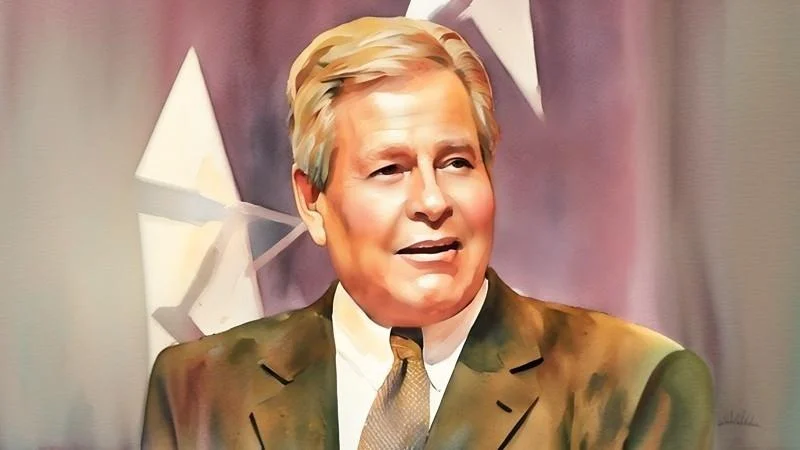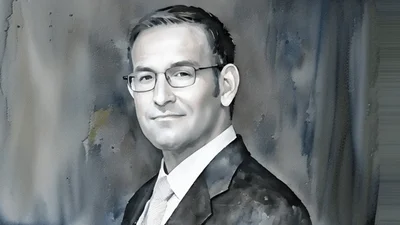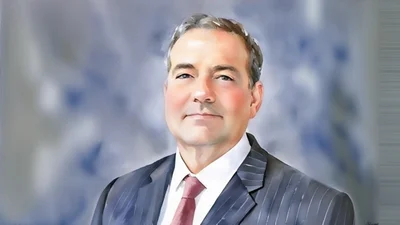From high-level meetings at the United Nations to efforts to return abducted children, Ukraine’s future continues to test the West’s resolve. Debate over how to deter Moscow, arm Kyiv, and rally Europe remains urgent. Former congressman Bob McEwen says that Ukraine’s fate and wider stability turn on credible strength and leadership that compels allies to act.
McEwen served six terms in the U.S. House from Ohio, sat on the Intelligence and Rules Committees, and spent a decade on the U.S. delegation to the European Parliament. He served three terms in the Ohio House before Congress. A 2020 presidential appointment placed him on the 1776 Commission on Patriotic Education and the Defense Science Board. He now serves as executive director of the Council for National Policy.
“I love America and I hate communism,” he says, recalling his work with Ronald Reagan. He ties the Cold War’s end to a chain reaction that begins when “a nation chooses a noncommunist leader of a communist country,” noting Poland’s breakthrough and the rapid collapse that follows.
Recent travel took him to the Black Sea Security Conference in Odesa, a city he calls a window into past prosperity and present resilience. His takeaway centers on deterrence. “Weakness invites aggression,” he says, arguing that adversaries test doors “to see if they are locked or if they push.” He links that maxim to Russia’s seizure of Crimea and wider adventurism when “we have weak leadership,” and he insists allies look to Washington to set the tone.
He highlights Ukraine’s ingenuity in striking military targets deep inside Russia. “The Ukrainians use drones launched from trucks positioned near strategic air bases, and they hit at exactly the same moment,” he says. “They destroy a third of the strategic air force.” He claims foreign fighters are thrown into the “meat grinder.” “They steal soldiers from North Korea who say they think they come for training and then find themselves front-line fodder.”
American policy, in his view, should pair moral clarity with hard-edged leverage. “You cannot go to war without money,” he says, urging financial pressure that “freezes” the Kremlin while Europe steps up on defense. He credits tough messaging on alliance burden-sharing. “Rather than say ‘why don’t you,’ he says ‘maybe we don’t need you,’ and they run to their checkbooks,” he says of NATO states increasing spending. He backs allowing Western weapons to be used for deep strikes against legitimate military and energy targets. “If they mean to have war, let it start here,” he says, quoting Lexington Green to justify robust self-defense.
“When you see what is happening on college campuses, in churches, and across the country, I believe I have never been more optimistic about the future of America than I am at this moment,” he says. “God bless America.”









